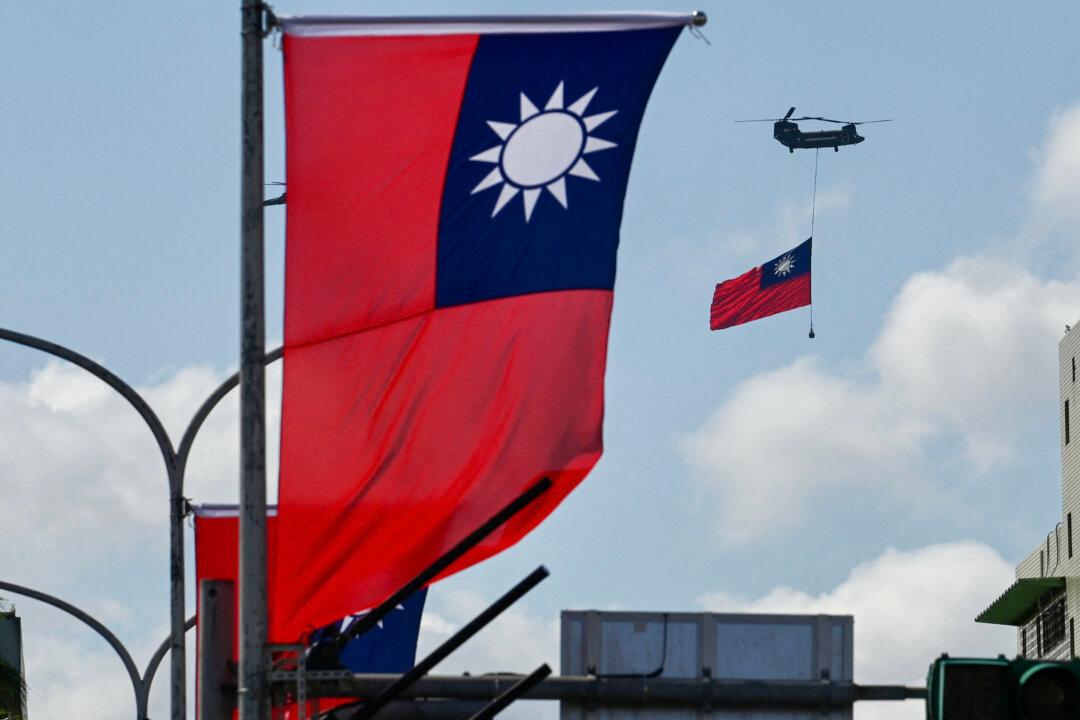TAIPEI, Taiwan—Taiwan participated in a multinational cyber exercise held by the U.S. Cybersecurity and Infrastructure Security Agency (CISA) for the first time earlier this year, according to the island’s Administration for Cyber Security.
The U.S.-led Cyber Storm XI, the ninth iteration of the exercise since it was first launched in 2006, was held for three days in April. According to a CISA report published in September, the exercise involved more than 2,200 participants from federal departments and agencies, state governments, critical infrastructure, and 11 international participants.



